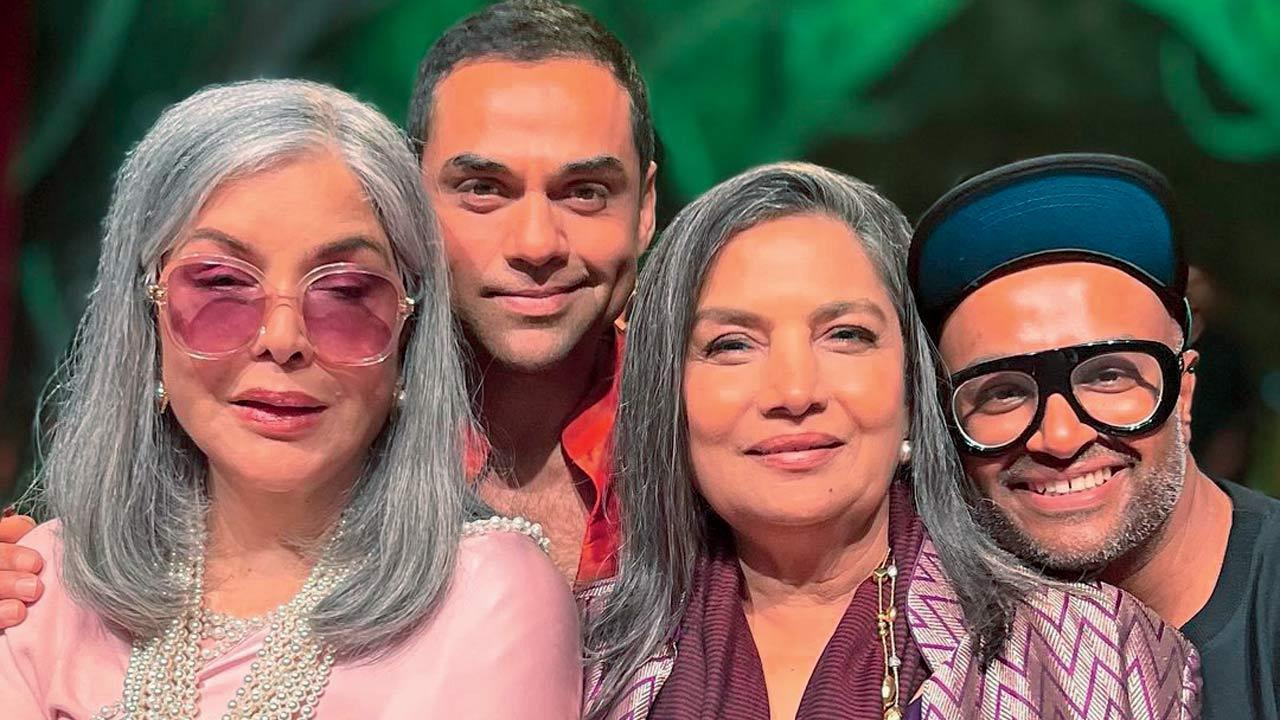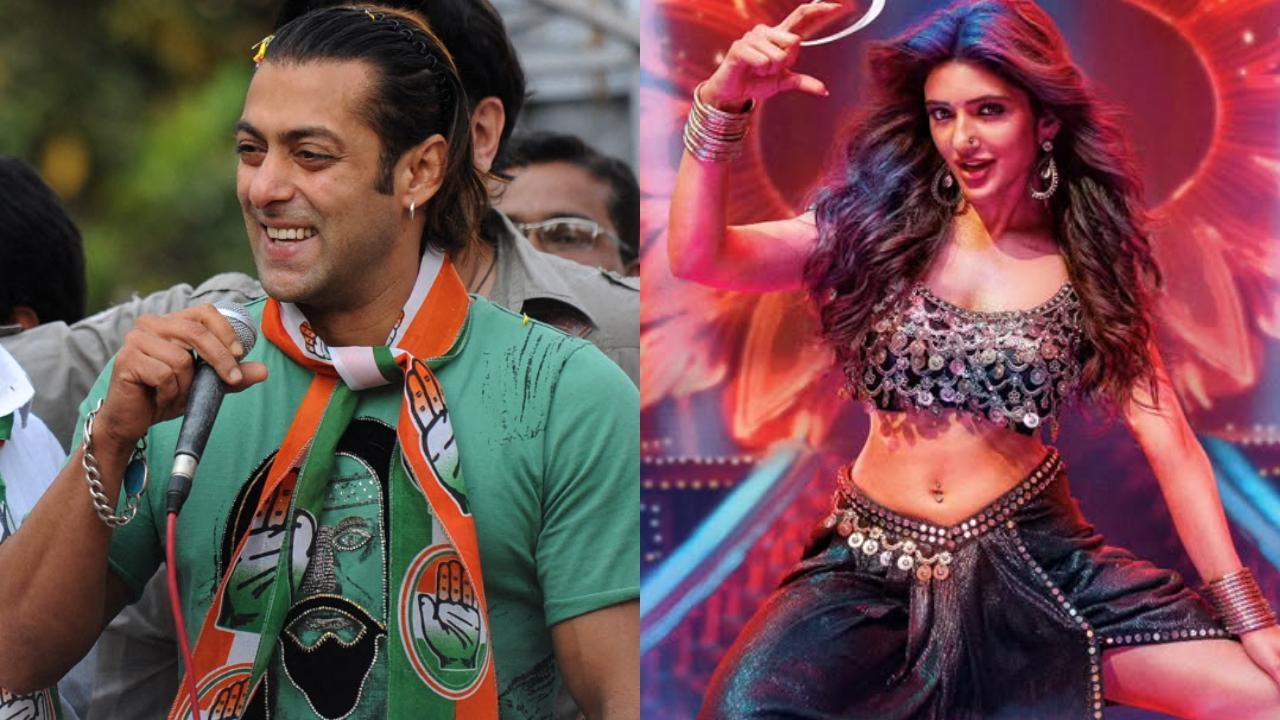
In the intricate world of modern family dynamics, the experience of co-parenting is often filled with unique challenges and rewards. One such narrative that draws significant public attention is that of Aamir Khan and Kiran Rao, who have been co-parenting their son Azad Rao Khan since their separation in 2021. Recently, Kiran shared an intimate glimpse into their co-parenting journey during an appearance on Kareena Kapoor’s popular chat show, What Women Want.
Kiran Rao candidly described co-parenting with Aamir Khan as initially “tricky.” The acclaimed filmmaker opened up about the logistics and emotional dimensions of navigating parental responsibilities after separation. “He is a very busy father,” Kiran remarked, acknowledging Aamir’s demanding career in the film industry which often pulls him in various directions. This aspect has been a notable factor in their parenting arrangement.
Reflecting on their past, Kiran mentioned that even during their marriage, she undertook most of the primary parenting responsibilities. However, following their separation and eventual divorce, Aamir realized the significance of being more directly involved in their child’s life. “When you’re living together, many things get managed organically. Post-separation, making time for Azad became a much more conscious decision for both of us,” she explained.
In recent times, however, Kiran is pleased to note that the scenario has shifted to a much more harmonious balance. “Now, it’s much smoother,” she mentioned, indicating that Aamir’s involvement in Azad’s life has increased in meaningful ways. There’s a pleasant equilibrium in their co-parenting setup that allows Azad to enjoy substantial quality time with both parents.
. Kiran shared that their current living situation—being in close proximity, with one residing directly above the other—has facilitated this arrangement, although she reassures that even if they eventually move, they won’t be far away from each other.
In what Kiran humorously referred to as a commonality among many fathers, she touched upon Aamir’s detachment from school-related affairs. “Only, Aamir knows nothing about school. I think it’s a majority of the dads’ problem. They are always like, ‘Don’t get us involved in school-related activities, we will take up other things’,” she quipped, underscoring a light-hearted yet pertinent aspect of their co-parenting dynamic.
While the focus largely remains on family, Kiran Rao continues to make significant strides in her professional life as well. Recently, she visited the London School of Economics (LSE) to discuss her film ‘Laapataa Ladies’, which has been selected as India’s official entry for the Oscars. Engaging in dialogue with Professor Shakuntala Banaji and Sanam Arora, Founder and Chairperson of the National Indian Students and Alumni Union UK (NISAU), Kiran delved into the broader horizon of storytelling within Indian cinema and her pursuit of social change through her creative endeavors.
In the conversation, Kiran shared insights on pushing narrative boundaries and staying committed to her vision of initiating social discourse through film. Her project, ‘Laapataa Ladies’, epitomizes this ethos by addressing profound cultural narratives and issues, a testament to her craft and conviction.
Through this seamless blend of personal and professional evolution, Kiran Rao provides a contemporary lens on managing life’s multifaceted roles. Her journey reflects the possibilities of nurturing familial bonds amidst personal aspirations, demonstrating the essence of co-parenting as a constantly evolving yet fulfilling endeavor. Aamir Khan and Kiran Rao’s story, while unique, mirrors the experiences of many who are finding ways to balance their personal growth with shared responsibilities. As Kiran navigates co-parenting and professional achievements, her story remains a beacon for those experiencing similar life paths, illuminating the possibilities of harmony and progression within modern family structures.










